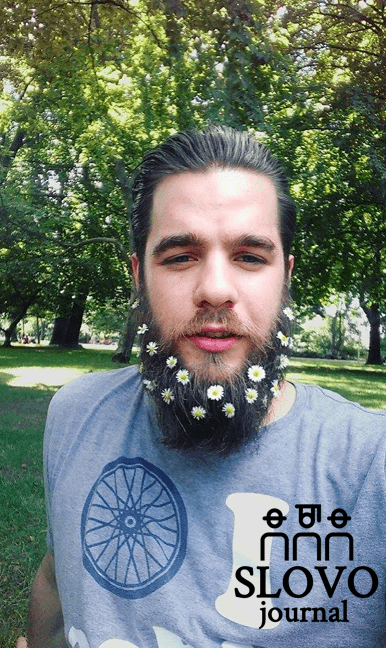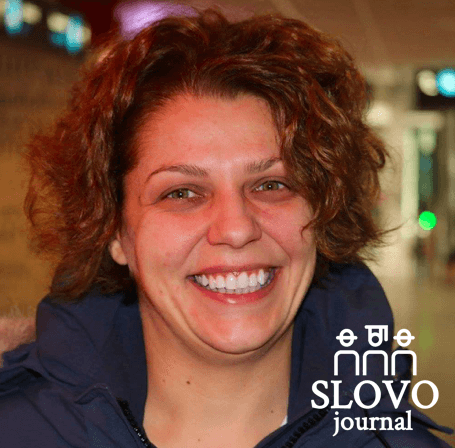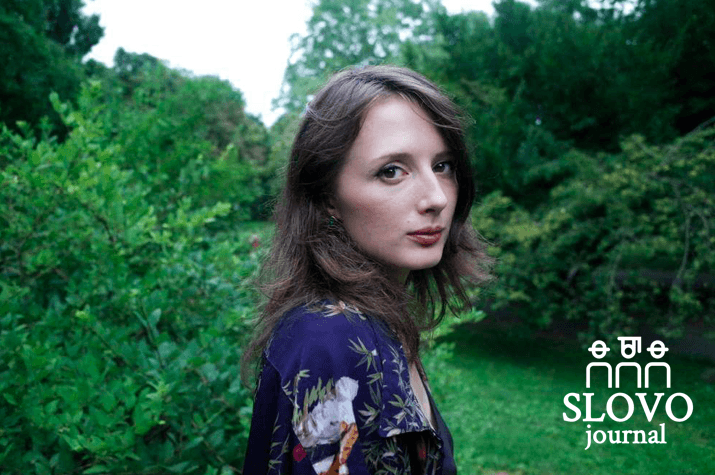Flora Murphy: Bolotnaia Five Years On
By Borimir S Totev, on 4 August 2017

Flora Murphy, author of ‘Bolotnaia Five Years On: Can Online Activism Effect Large Scale Political Change in Russia?’.
Flora has just completed her undergraduate degree in Russian with German at University College London. Studying the Russian language from scratch has had a very strong influence on her interests, starting with the language itself initially, and later moving far beyond into politics, culture and everything in between. From learning Russian, Flora got into making documentaries and during her time at UCL, she made two films about the ongoing conflict in Eastern Ukraine and one documentary about the LGBT community in Moscow. When she was on a year abroad in Moscow, Flora learned more about internal Russian politics by interning at TV Rain, arguably Russia’s only non pro-government television channel. Her interest in the ideas of modern propaganda in Russia and restrictions on freedom of speech was the starting point for the SLOVO published article about the opposition’s use of the internet as a tool for resistance in Russia. In the near future, Flora plans to travel more extensively in the post-Soviet region, especially in Moldova, Georgia and the Central Asian countries, perhaps making some more films along the way. Her further interests include organised crime, conflict management, and security issues. Flora is set to be in St Petersburg from late September until Christmas, trying to keep up her language skills and to complete a short translation internship.
Flora’s article explores the role of new media in Russian politics and ultimately argues that their potential to bring about significant political change in the current Russian political landscape is limited. The 2011-2012 winter protests, in Bolotnaia Square in Moscow and across Russia, led to a boom in both Russian and English-language protest scholarship, especially regarding the role that new media and online communication networks play in the organisation and execution of political movements. But the significance of her case study is not limited to Russia: this question must be understood in a global context. In a post-Arab Spring world, this topic is one of active discussion and current global relevance. Her paper aims to consider the Russian case study in that broader context, bridging gaps in existing scholarship in this field.
The article ‘Bolotnaia Five Years On: Can Online Activism Effect Large-Scale Political Change in Russia?’ by Flora Murphy (School of Slavonic and East European Studies, University College London) was published in SLOVO Journal, VOL 29.1, and can be read in full here.
Posted by Borimir Totev, Executive Editor of SLOVO Journal
 Close
Close







